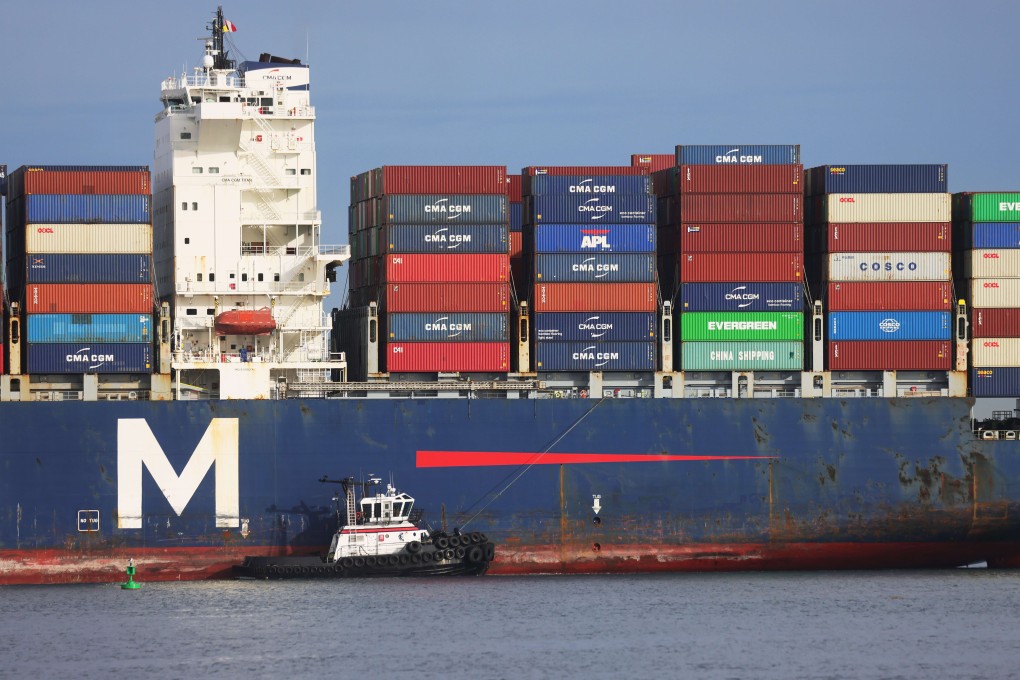Ex-officials, academics call for US to work with Europe to counter China
- Group of experts suggest cooperation such as joint investment screening and intelligence sharing
- Report identifies key areas of trade, technology, human rights, climate, the pandemic, and reform of international institutions

Suggested areas for cooperation were those with “the most US-Europe common ground and where joint approaches or actions would increase prospects of eliciting improved Chinese behaviour or deterring bad behaviour”.
But the authors – Paul Gewirtz, Ryan Hass, Susan Thornton, Robert Williams, Craig Allen and David Dollar, all China experts – also called for a cautious approach.
“[D]urable new habits of transatlantic coordination in China should proceed with modest public expectations and quiet diplomacy on specific issues likely to produce concrete agreement,” the report said. “Conversely, such efforts could be undermined if framed as creating a bloc or coalition in opposition to China, since such framing has almost zero purchase among European leaders.”